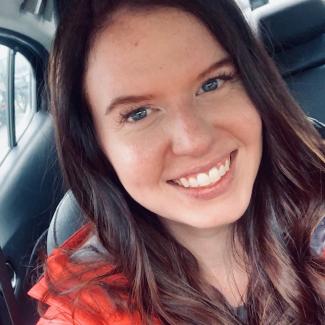Focus
Specialization
Biography
As an Analytics and Insight consultant for SAP, I am helping businesses make better decisions through data.
I never expected to end up in data science realm. Statistics was my least favorite class in college. I was studying biology and researching frogs. After college, I moved to the jungles of Panama to continue studying frogs, then to Wyoming to study frogs, and then to grad school in Miami where I, once again, studied frogs. Partway through my MS in Biology, I took a course in R, and it changed the trajectory of my research and my career. After that course, I switched my research from frog ecology to creating the Regional Evolutionary Distinctiveness and Endangerment (RED-E) prioritization list. I wrote an R script that calculates how unique a given species is based on their phylogenetic tree and then returns a number for each species based on that uniqueness and the species’ level of endangerment. Species were then sorted based on their RED-E number, giving governments or conservation organizations a way to start prioritizing which flora or fauna should have the most resources spent on them to preserve the most possible genetic diversity. After earning my MS in Biology, I worked for the government for a year while I taught myself SQL, took online classes on databases, and continued taking R classes. This was enough to land me a position at SAP, where I joke with colleagues that I went from doing statistics on frogs to statistics on businesses.
Through my thesis, I found my passion for data science. I hadn’t found it in the undergraduate statistics class because it was missing one crucial element: coding. I liked logic puzzles when I was growing up, and coding in R reminded me of that feeling. Besides the R class and graduate-level statistics classes, I was mostly self-taught in Data Science, taking classes that I found online, and finding practice problems to test my skills. I’ve since switched my preferred data science language to Python, but R is still the language that kicked off my data science passion.
I am excited to apply some of what I already know to classes such as Experiment and Causal Inference and Data Visualizations, and I am excited to learn new skills in Machine learning and Deep learning.










